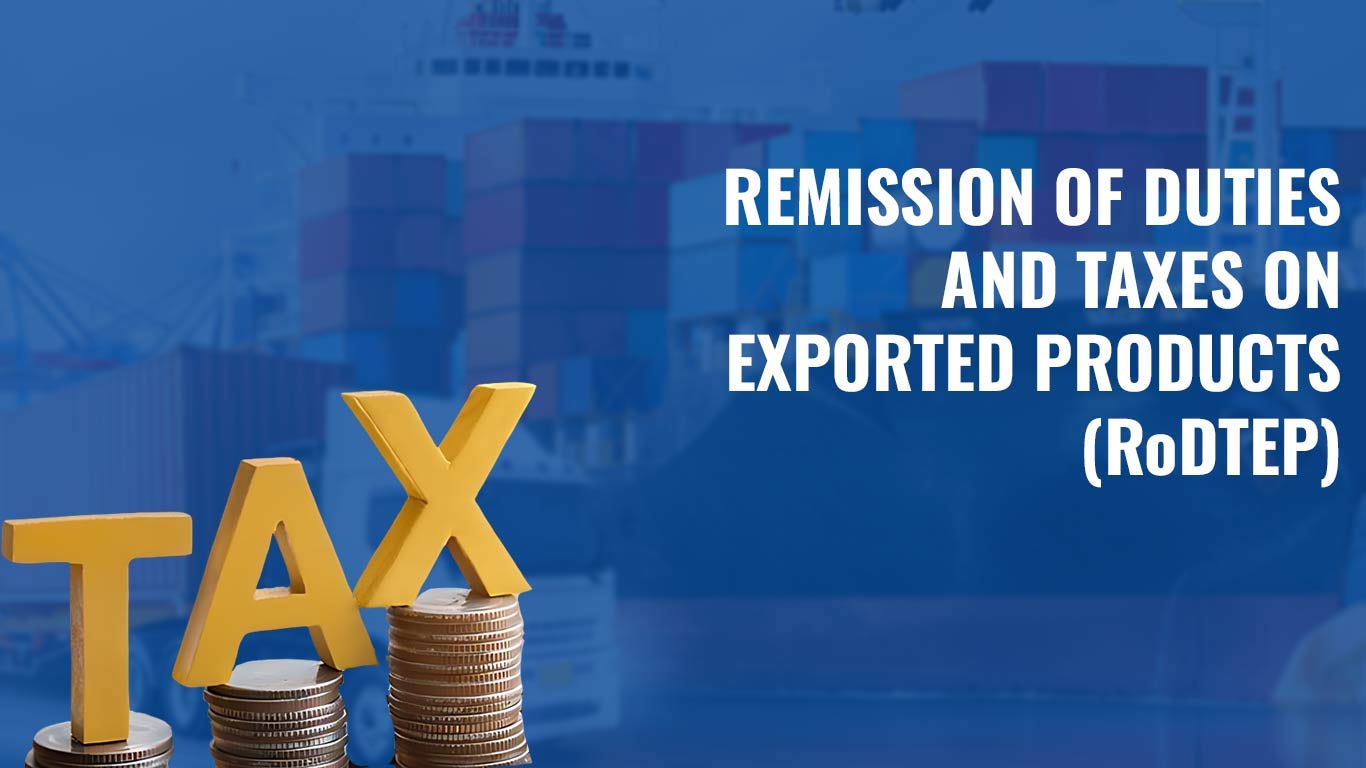Indian Govt Stands Firm On RoDTEP Scheme
Updated: Jan 23, 2024 04:28:50pm

Indian Govt Stands Firm On RoDTEP Scheme
New Delhi, Jan 23 (KNN) The Indian government remains resolute in not reworking the Remission of Duties and Taxes on Exported Products (RoDTEP) scheme for exporters, despite the imposition of anti-subsidy duties by the US government.
Officials assert that the issue lies not in the World Trade Organisation (WTO) compatibility of the scheme but in the exporters' inability to provide adequate documents to US investigating teams, as reported by businessline.
The Directorate General of Foreign Trade (DGFT) and the Directorate General of Trade Remedies (DGTR) are actively working to familiarise exporters with the entire documentation process.
The aim is to establish that RoDTEP payments serve as remissions for input taxes not covered under any other scheme and are not export subsidies.
The official stated, “RoDTEP is a remission scheme and is fully WTO compliant. When US teams come to investigate, they come to the plants. The plant owners should be clear about the fact that it is not an incentive and specify that they are getting RoDTEP payments as a remission.”
“And to that extent, they should be able to show documentation showing that they are paying all the taxes including electricity tax, VAT and mandi tax. We are now taking steps for general awareness building of the exporters,” he further added.
Introduced in January 2021, the RoDTEP scheme replaced the Merchandise Exports from India Scheme (MEIS), which faced challenges at the WTO due to a lack of transparency in its determination.
RoDTEP was carefully designed to ensure transparency, with refund rates based on embedded duties and taxes such as Value Added Tax (VAT) on fuel used in transportation, mandi tax, and duty on electricity during the manufacturing of exported items.
The official emphasised that once exporters can provide all documents on the input duties paid, adding up to RoDTEP payments, there should be no problem.
However, streamlining documentation, especially for details like Central excise duty and State VAT, is necessary, and exporters need appropriate training.
(KNN Bureau)












